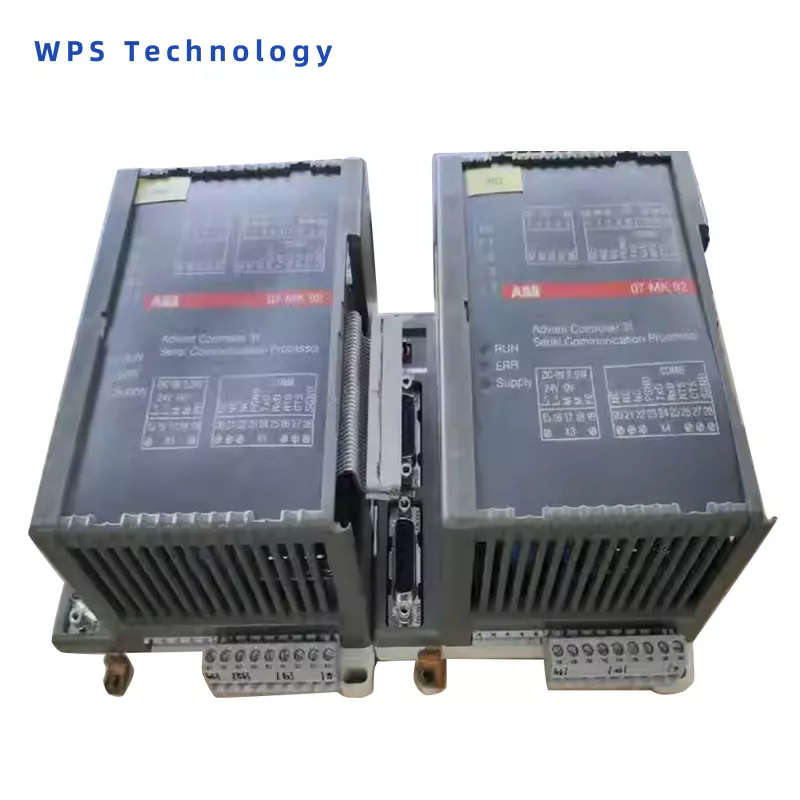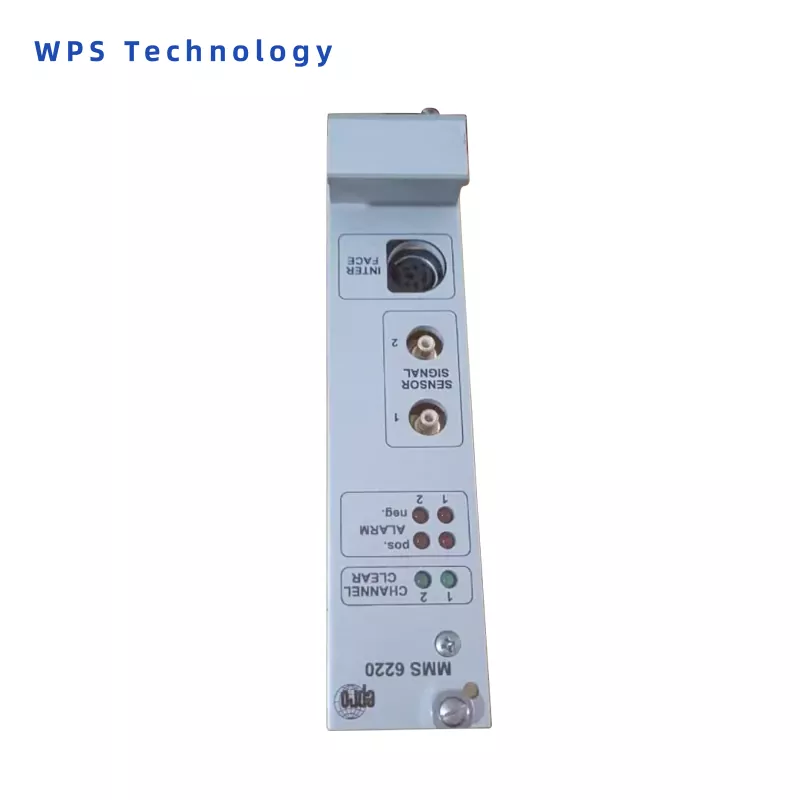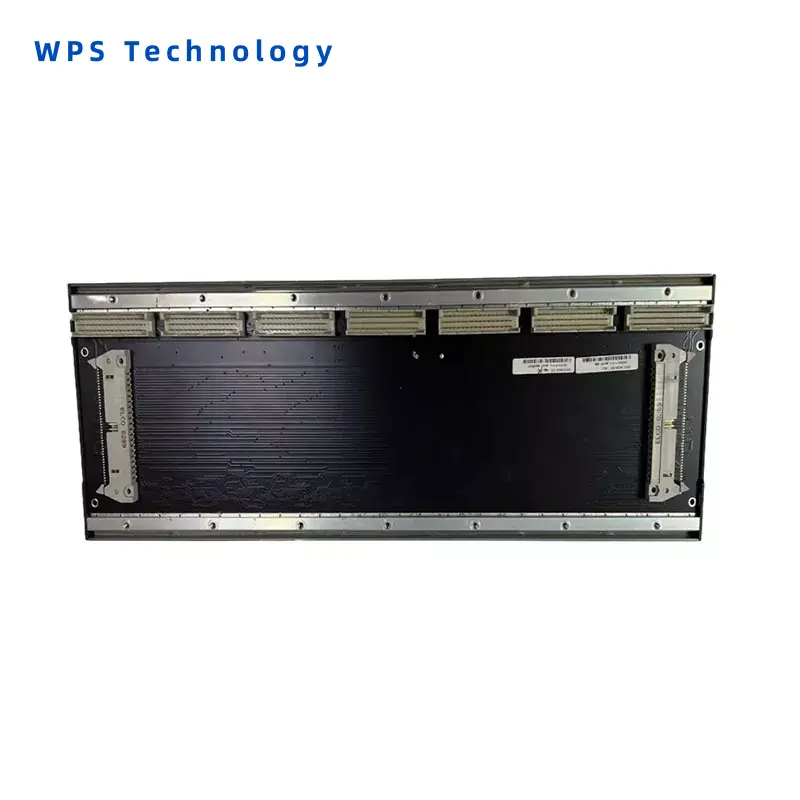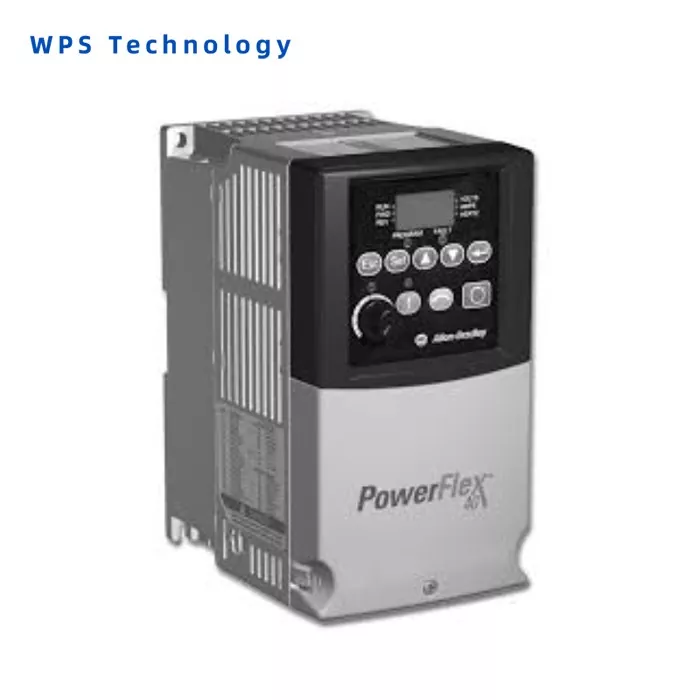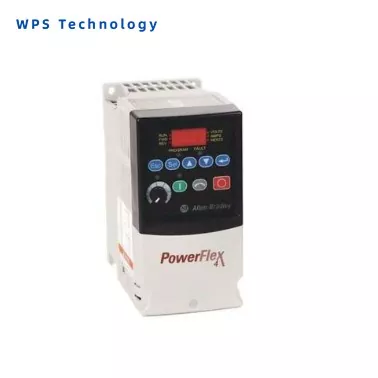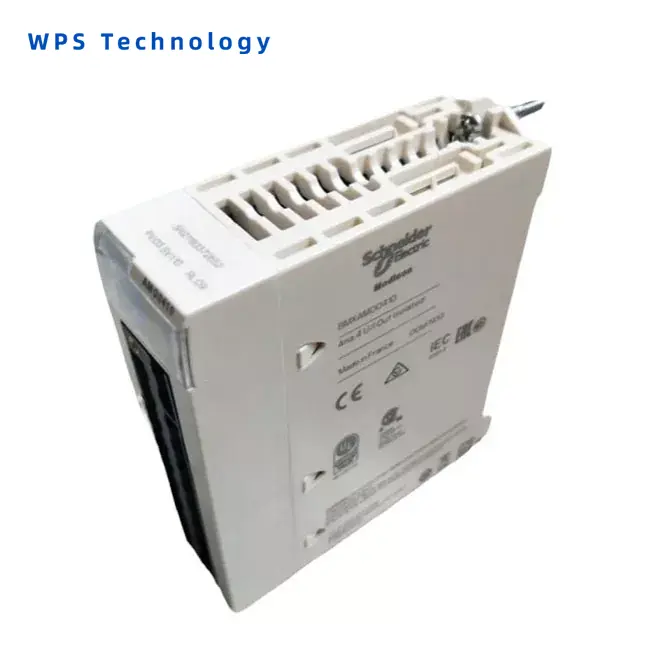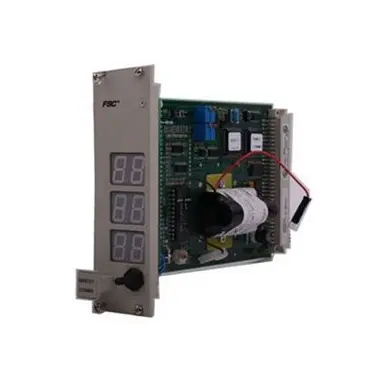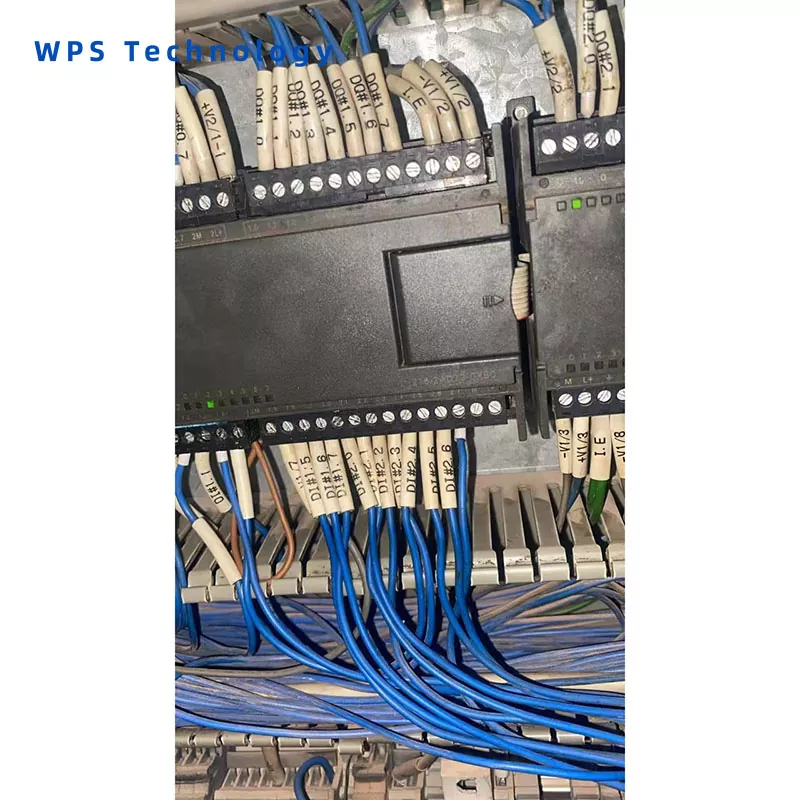Why Are ABB Modules Redefining Industrial Reliability and Future Automation?
ABB Modules refer to a standardized range of modular power and automation components engineered for high-performance electrical control, protection, and distribution systems. These modules are widely used in sectors such as manufacturing, energy, transportation, petrochemicals, data centers, and intelligent infrastructure. Their purpose is to ensure stable operation, optimize energy efficiency, and enhance equipment lifespan through reliable control and protection mechanisms.
ABB Modules typically include components such as power supply modules, I/O modules, communication modules, protection modules, and automation control modules. Each plays a precise role in stabilizing voltage, managing signals, enabling digital communication, and creating a smarter, safer industrial ecosystem. Their design emphasizes durability, adaptability, and seamless integration with international automation standards—making them preferred components for both simple upgrades and large-scale industrial projects.
Below is a professional parameter overview for commonly used ABB Modules to support product evaluation and engineering selection:
| Parameter Category | Typical Specification Range |
|---|---|
| Voltage Rating | 24V DC / 48V DC / 110V DC / 230V AC |
| Current Rating | 1A – 40A depending on module type |
| Communication Protocols | Modbus, Profibus, CANopen, Ethernet/IP |
| Operating Temperature | -25°C to +70°C |
| Protection Level | IP20 / IP40 / IP54 (model-dependent) |
| Response Time | < 1ms for control modules |
| Installation Method | DIN-rail, panel-mount, modular socket |
| Material Standard | Flame-retardant industrial plastics, metal shielding |
| Certification | CE, UL, RoHS, IEC compliance |
The primary focus of this article is to examine the advantages, functions, future trends, and technical strengths of ABB Modules while maintaining clarity, logical structure, and a professional tone.
Why Are ABB Modules Widely Chosen in Industrial Automation Today?
ABB Modules offer several advantages that directly address the increasing demands of modern automation—efficiency, reliability, safety, and compatibility. Several key questions arise: Why do industries rely so heavily on modular components? What performance improvements do ABB Modules bring? Why are they considered a long-term investment in electrical infrastructure?
High Reliability for Continuous Operation
Industrial operations require systems that can withstand long cycles and unpredictable environmental conditions. ABB Modules are engineered for thermal stability, electromagnetic resistance, and long service life. Their fault-tolerant design ensures sustained operation with minimal downtime.
Modular Architecture for Easy Upgrades
Modularity is a major advantage. It allows facilities to scale or modify their systems without replacing the entire configuration. Engineers can integrate new modules, upgrade outdated components, or isolate faults without interrupting the entire system.
Enhanced Protection and System Safety
ABB Modules incorporate advanced protection functions such as overload detection, short-circuit protection, voltage stabilization, and real-time monitoring. These capabilities significantly reduce equipment failures and output instability.
Energy Saving and Smart Optimization
Modern ABB Modules offer digital control features that help optimize power usage, reduce waste, and monitor performance data. The result is improved energy efficiency across the entire facility.
Global Compatibility and Standardization
ABB designs its modules to align with international standards, ensuring compatibility with global supply chains and multi-national production environments. This guarantees smoother design, installation, and long-term maintenance.
The combination of durability, scalability, and technological advancement explains why ABB Modules maintain a leading position in industrial automation.
How Do ABB Modules Perform Their Functions Across Different Industrial Applications?
ABB Modules are known for their versatile functionality. They play key roles in the following operational layers:
Power Management Functions
These modules stabilize electricity, distribute loads evenly, and respond rapidly to voltage fluctuations. This ensures that sensitive equipment receives consistent power and avoids operational stress.
Control and Signal Processing
Automation modules interpret input signals, process commands, and trigger output actions with millisecond precision. This real-time responsiveness supports robotics, conveyor lines, packaging machines, and CNC systems.
Communication and Networking Functions
Communication modules transmit operational data through widely used industrial protocols. They support remote monitoring, predictive maintenance, and intelligent factory management.
System Protection Functions
Defense mechanisms within protection modules prevent overloads, equipment overheating, and circuit failures. This reduces repair costs and significantly extends equipment lifespan.
Environmental and Harsh-Condition Adaptability
From extreme temperatures to vibration-intensive environments, ABB Modules continue to operate reliably due to their reinforced industrial-grade materials and construction.
Integration with Digital and Automated Ecosystems
ABB Modules integrate smoothly with SCADA systems, PLCs, HMI interfaces, and cloud-based industrial solutions. Their adaptability supports digital transformation, Industry 4.0, and intelligent production lines.
The combination of these functions allows ABB Modules to be utilized across industries such as smart manufacturing, renewable energy systems, rail transportation, oil & gas facilities, and infrastructure development.
What Future Trends Will Shape the Evolution of ABB Modules?
Industrial automation continues to grow, and ABB Modules are evolving alongside major technology trends. Several future developments are expected:
Trend 1: Greater Integration with Predictive Maintenance
Future modules will increasingly incorporate sensors and connectivity to predict equipment health. This reduces downtime and transforms maintenance schedules from reactive to proactive.
Trend 2: Greener and Energy-Optimized Components
Energy efficiency continues to be a global priority. New modules will likely feature improved thermal management, lower power consumption, and more advanced energy-regulation technologies.
Trend 3: Stronger Cybersecurity and Data Protection
As automation systems become more connected, modules will include enhanced data encryption and access control functions to protect industrial networks from external threats.
Trend 4: Increased Interoperability Across Platforms
Systems will require broader compatibility with other brands and technologies, enabling seamless multi-vendor integration for global users.
Trend 5: Miniaturization with Higher Performance Density
Modules will continue becoming smaller but more powerful, supporting high-speed operations in compact, space-limited environments.
Trend 6: Growth in Smart Factory and IoT Applications
Future ABB Modules will play an essential role in connected factories, autonomous operations, and fully integrated machine-to-machine ecosystems.
These trends reflect a global shift toward intelligent, efficient, sustainable, and highly interconnected industrial environments where ABB Modules remain a core component.
Common FAQs About ABB Modules
Q1: What types of ABB Modules are most commonly used in industrial systems?
A1: The most widely used ABB Modules include power modules, I/O modules, communication modules, control modules, and protection modules. Power modules regulate voltage and stabilize electrical flow, while I/O modules manage input and output signals for automated equipment. Communication modules enable data exchange between systems, and control modules process machine operations. Protection modules safeguard equipment from overcurrent, overheating, and system faults. These module categories ensure that a complete automation system functions safely and efficiently.
Q2: How should ABB Modules be selected for a specific industrial application?
A2: Selection depends on voltage requirements, current load, communication protocol compatibility, installation environment, and operational purpose. Engineers must consider the system’s electrical design, temperature conditions, and potential exposure to vibration or dust. Compatibility with existing automation equipment and international certification standards is equally important. Reviewing the product’s datasheet and matching parameters with operational demands ensures optimal performance and long-term reliability.
Q3: What maintenance is required to ensure ABB Modules operate reliably?
A3: Maintenance involves regular inspection for dust, temperature stability, and proper electrical connections. Technicians should monitor operational logs, check for abnormal performance indicators, and confirm that cooling and ventilation systems are functioning properly. Periodic firmware updates may be required for communication and control modules to enhance performance and security. Timely replacement of worn connectors or aging components ensures sustained reliability in long-term industrial operations.
How Do ABB Modules Contribute to Long-Term Industrial Success?
ABB Modules deliver stability, scalability, protection, and intelligent performance to industrial systems, supporting automation growth and enhancing operational efficiency. Their highly reliable structure, advanced control features, and strong compatibility make them essential components for future-oriented facilities. As industries continue shifting toward digitization and intelligent automation, the importance of dependable modular solutions will only increase.
Wanpeisi® integrates ABB Modules into advanced system configurations, offering professional solutions to support diverse engineering needs. For more product details, technical guidance, or customized industrial applications, contact us to receive expert assistance.
- What Are Siemens Modules and Why Do Engineers Rely on Them?
- What Makes Allen Bradley Modules the Reliable Choice for Industrial Automation?
- Why Are Schneider Modules Essential for Modern Industrial Applications?
- Why Are Siemens Modules the Smart Choice for Modern Automation Systems?
- Honeywell Modules Comprehensive Analysis: The Key Core of Intelligent Control
- What causes the open circuit failure of the Honeywell module?


